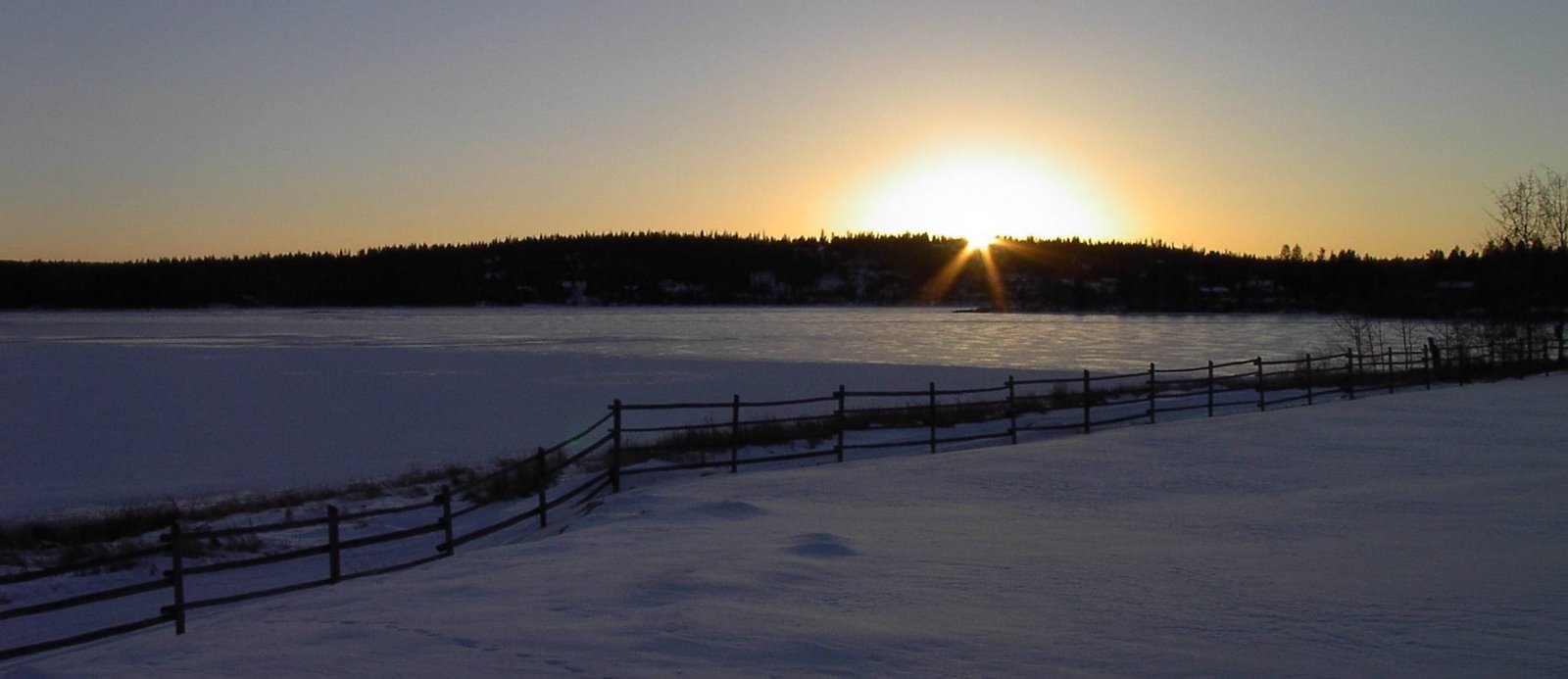Sent: Thursday, August 16, 2007 2:47 PM
Subject: Re: Interesting story
Masi,
Isaac
On 8/14/07, Tom Larsen wrote:
I recently ran across a book called _Native Seattle: Histories from the Crossing-Over Place_ by Coll Thrush, Univ. of Washington Press, 2007. I haven't read this book, but I thumbed through it a bit and it looks pretty interesting, talking about the history of native peoples, and their interactions with whites, in Seattle. I looked in particular in the index for anything about Chinuk Wawa. There were a few places where it talks about the use of Jargon by whites, by native peoples, in place names, etc. Most of it seemed pretty much what you might expect and not terribly interesting. But there was one story that I was worth passing on (on p. 64-65), so I quote it here:
Sometime in the 1870s, a Chinese man named Ling Fu was brought before Judge Cornelius Hanford in Seattle's courthouse, accused of not having the proper citizenship papers. Facing deportation, Ling Fu argued that he did not need to carry papers: he had been born on Puget Sound. To test him, Judge Hanford quickly shifted his inquiry into Chinook Jargon, which had become nearly as common as Whulshootseed or English in Puget Sound country. "Ikta mika nem? Consee cole mika?" (What is your name? How old are you?), he demanded of Ling, who in turn replied, "Nika nem Ling Fu, pe nika mox tahtlum pee quinum cole" (My name is Ling Fu, and I am twenty-five years old). Clearly surprised, the judge responded, "You are an American, sure, and you can stay here." He then turned to the bailiff and decreed, "Ling Fu is dismissed."
Ling Fu's brief trial symbolizes the ways in which settlers--Boston, Chinese, and others--had been transformed by their life in Seattle Illahee. Accounts of Seattle's "village period" are full of settlers speaking Chinook Jargon and sometimes even Whulshootseed; of white men and women learning indigenous subsistence practices form their Native neighbors and employees; and of people from places like Illinois and Ireland, Gloucester and Guangzhou, learning to accomodate Indians' insistence on participation in urban life. Nearly thirty years after Seattle's founding, Native people were still in town, and their participation in urban life had changed the Bostons as well. The mad house known as the Illahee might have been destroyed, but the larger Seattle Illahee, in which indigenous lives were woven into the urban fabric, remained, even as Seattle stood perched on the brink of an urban revolution.

No comments:
Post a Comment